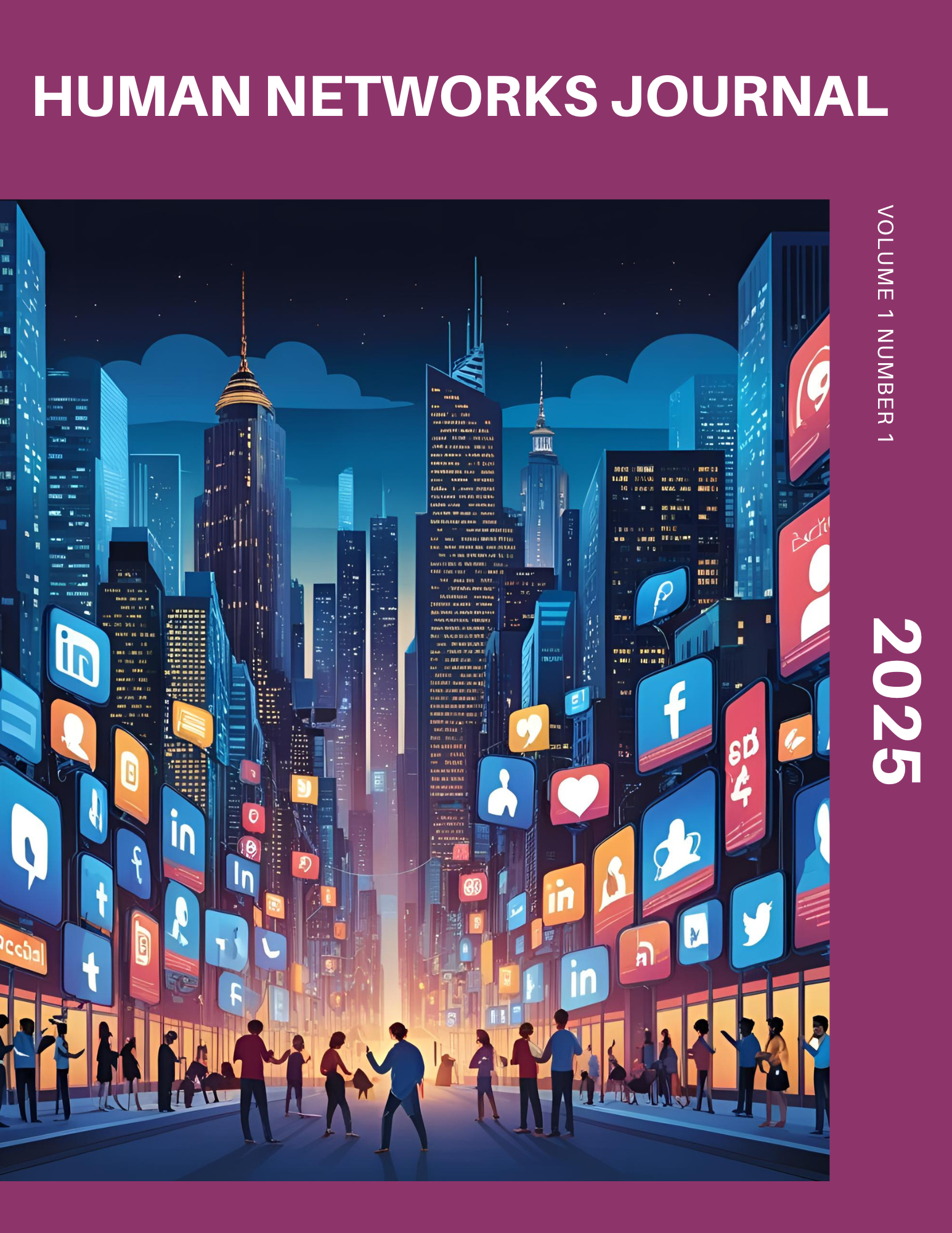Social problems that emerged in the treatment of information on the coronavirus pandemic in the cybermedia of El Espectador and El Tiempo
DOI:
https://doi.org/10.5281/zenodo.15382303Keywords:
discourse analysis, biopolitics, coronavirus, psychopolitics, textolinguisticsAbstract
The objective of this study was to analyze the social issues that arose in the news coverage of the coronavirus pandemic in the online media outlets El Espectador and El Tiempo. The research is based on discourse analysis from a sociolinguistic perspective, with a descriptive, cross-sectional, and qualitative approach. Data collection involved cybergraphic extraction using search operators, followed by web scraping. The data were subsequently cleaned and analyzed using Atlas Ti and Sketch Engine software. Based on textual statistics, the results were interpreted according to the proposed methodological framework. The analysis of pandemic discourse in these media outlets made it possible to identify how the discursive strategies employed in crisis contexts influence social formation, the configuration of power structures, and the dynamics of response to emergency situations, thus highlighting the impact of the psycho-biopolitical agenda on society.
References
Agamben, G. (2020). ¿En qué punto estamos? La epidemia como política. Quodlibet.
Bajtín, M. (1999). Estética de la creación verbal. Siglo XXI Editores.
Bauman, Z. (2000). Modernidad líquida. Fondo de Cultura Económica.
Belinchón, M., Igoa, J., & Riviére, A. (1992). Psicología del lenguaje: investigación y teoría. Trotta.
Borges, L. (1952). Otras inquisiciones. https://apuntesliterarios.wordpress.com/wp-content/uploads/2013/09/borges_otras_inquisiciones.pdf
Briones, C. (2020, 26 de junio). Noosfera #4. El primer virus de la historia [Podcast]. Google Podcasts.
Calsamiglia, H., & Tusón, A. (2002). Las cosas del decir. Manual de análisis del discurso. Ariel.
Castilleja, F. (2021, 21 de abril). Volver al futuro #41. Revisemos nuestra definición de salud [Podcast]. Google Podcasts.
Constitución Política de Colombia [C.P.] (1991). Artículo 11 [Título II] (21a ed.). Legis.
Constitución Política de Colombia [C.P.] (1991). Artículo 44 [Título II] (21a ed.). Legis.
Constitución Política de Colombia [C.P.] (1991). Artículo 78 [Título III] (21a ed.). Legis.
Derrida, J. (1989). La escritura y la diferencia. Anthropos.
Derrida, J. (1997). El monolingüismo del otro: o la prótesis de origen. Manantial.
Esposito, R. (2005). Immunitas: protección y negación de la vida. Amorrortu.
Esposito, R. (2006). Bíos: biopolítica y filosofía. Amorrortu.
Foucault, M. (1999). Estrategias de poder. Paidós.
Foucault, M. (2007). Historia de la sexualidad. Volumen 1: La voluntad de saber. Siglo XXI Editores.
Hernández, R., Fernández, C., & Baptista, P. (2014). Metodología de la investigación. McGraw-Hill/Interamericana Editores.
Pardo, N. (2007). Cómo hacer análisis crítico del discurso: una perspectiva latinoamericana. Universidad Nacional de Colombia.
Pardo, N. (2021, 25 de octubre). Victimización sistemática pandemia social y sanitaria en Colombia [Video]. YouTube. https://www.youtube.com/watch?v=zUx14N-F6mk
Paredes, F., & Sánchez-Prieto, P. (2021). Lengua y discurso en torno al COVID-19. Revista de Investigación y Educación en Ciencias de la Salud (RIECS), 6(1), 91-110. https://doi.org/10.37536/RIECS.2021.6.1.262
Sábato, E. (1951). Hombres y engranajes. https://acortar.link/YnIsfB
Salcedo, A. (2014, 2 de octubre). Rubén Blades, conversatorio Gabo, la crónica y la música [Video]. YouTube. https://www.youtube.com/watch?v=0XBKCL8Aufk
Sayago, S. (2014). El análisis del discurso como técnica de investigación cualitativa y cuantitativa en las ciencias sociales. Cinta de Moebio, 49. http://dx.doi.org/10.4067/S0717-554X2014000100001
Urra, E., Muñoz, A., & Peña, J. (2013). El análisis del discurso como perspectiva metodológica para investigadores de salud. Enfermería Universitaria, 10(2), 50-57. https://doi.org/10.1016/S1665-7063(13)72629-0
Van Dijk, T. (1990). La noticia como discurso. Paidós.







